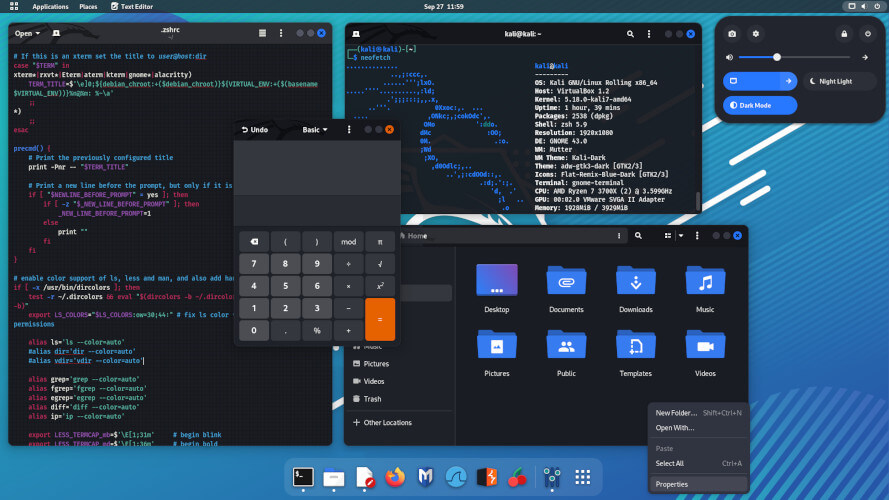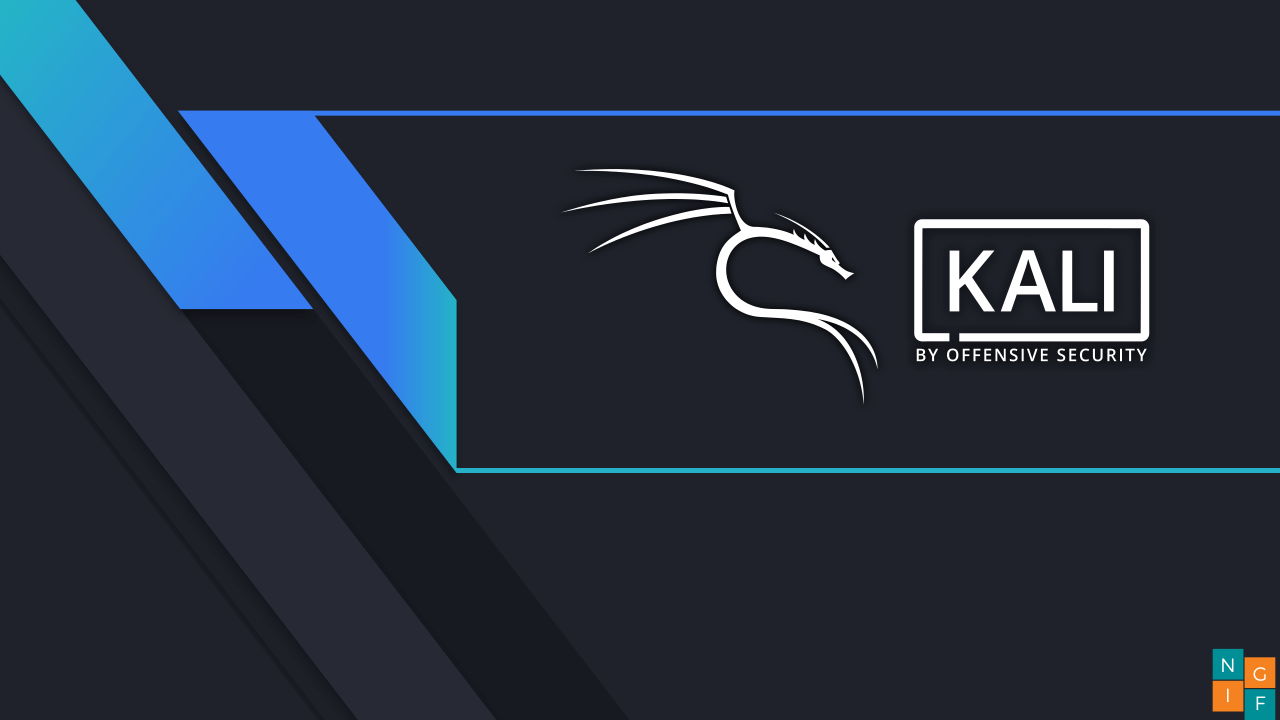Kali Linux is a Debian-based Linux distribution designed for penetration testing and digital forensics. It was developed by Offensive Security as a successor to BackTrack Linux, and is widely used by security professionals, ethical hackers, and students who are interested in learning about security and hacking.
One of the key features of Kali Linux is its vast collection of security tools. These tools are organized into categories based on their functionality, such as network scanners, vulnerability scanners, password crackers, and wireless tools. Each tool has been carefully selected and integrated into Kali Linux to ensure that it works seamlessly with the rest of the system.

Kali Linux also includes a number of custom kernel patches that are designed to improve the performance and reliability of the system. These patches include support for wireless injection, which is an important feature for wireless penetration testing.
Kali Linux is designed to be highly customizable, with a range of configuration options that can be used to optimize the system for specific tasks. For example, Kali Linux can be configured to run in a headless mode, which means that it can be controlled remotely using a command-line interface.
In summary, Kali Linux is a powerful and flexible tool that is specifically designed for security testing and analysis. Its vast collection of security tools, custom kernel patches, and high degree of customization make it an essential tool for security professionals, ethical hackers, and students who are interested in learning about security and hacking.





